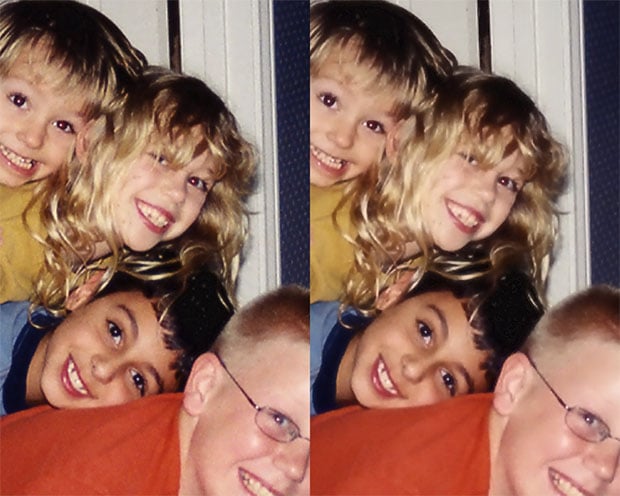UT Austin Launches Free Enlarging and Denoising Web App
![]()
Movies and TV shows have a knack for making it seem as if you could take a horrible, low-resolution image and turn it into a high-res masterpiece — the term “enhance” has become almost comical. And for every mention of magical television enhancement, there’s mention of some special algorithm at work that makes it happen.
Well, the University of Texas at Austin’s RCM Tools web app isn’t quite up to cable drama standards, but it’s their attempt to apply special algorithms to image enhancement and denoising, and it’s free for photographers to experiment with.

The web app is a free service provided by the Center for Perceptual Systems at the University of Texas at Austin that applies a computational method called recursive condition means (RCM) to perform certain image processing tasks.
The research is based around measurements of certain statistical properties of a large subset of “natural” images, and then uses those measurements to develop ways to better enlarge, denoise, deblur, color filter array interpolate, and compress images.

You can read all about the Recursive Conditional Means method by clicking here, but we’ll go ahead and warn you that it’s pretty dense stuff. For now, the site only allows you to play around with denoising and enlarging, but if you wanna try it out for yourself, you can do so here.
Image Processing with Natural Scene Statistics [CPS at UT Austin via Reddit]